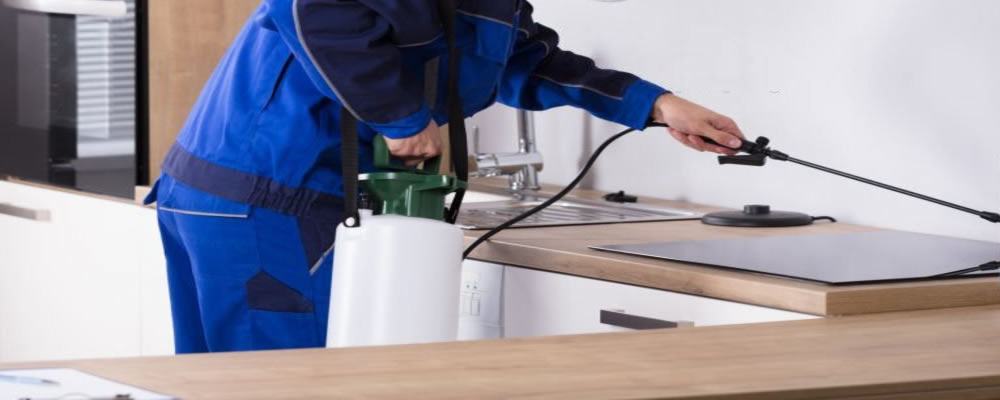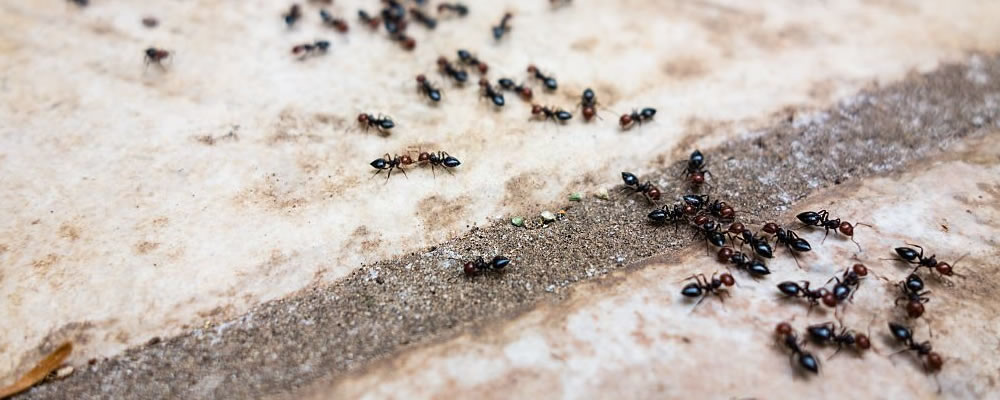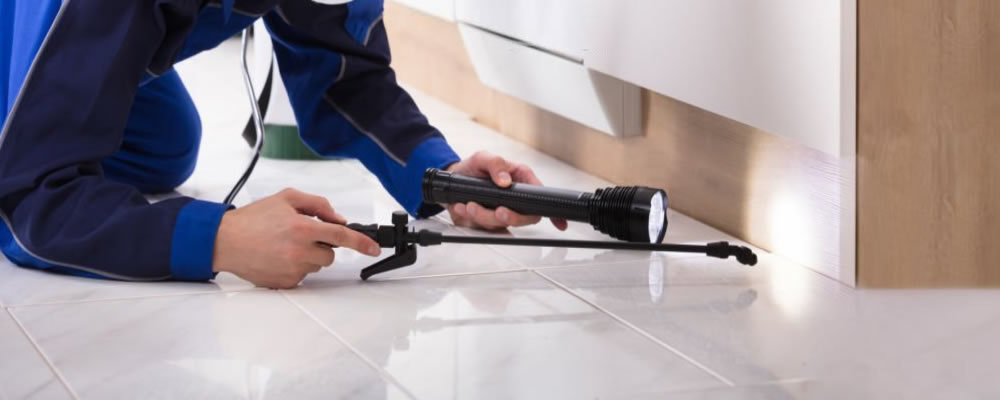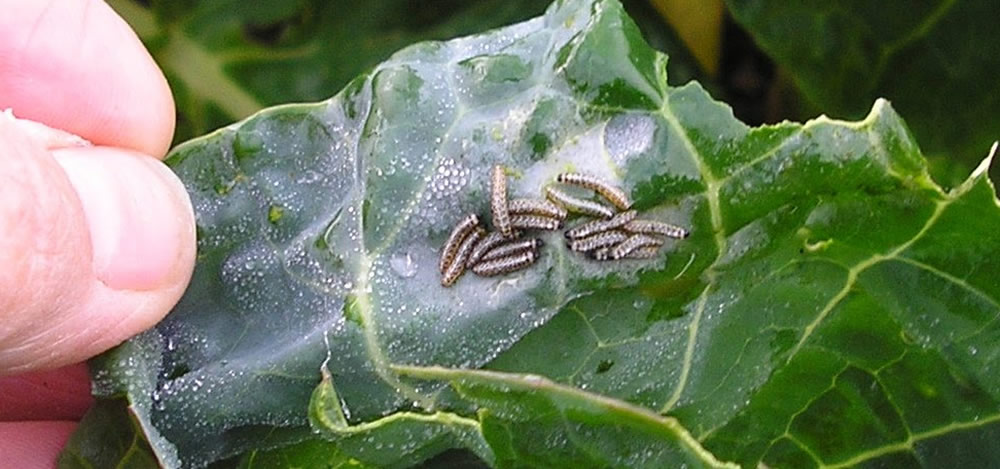If you are worried about termites, that’s normal. Especially if you live in an area where infestations are common. For this reason, you’ll want to have an inspection done.
How often should you have a termite inspection done? We’ll answer that question briefly. Termites are small, but can do a tremendous amount of damage.
That’s what happens when they operate in large numbers as a colony. You want to get rid of them as fast as you can to ensure that your home is protected from the inside and out. The sooner you prevent any kind of termite infestation, the better.
Is it worth it to get an inspection done in a high termite pressure environment. Yes. It’s something that can be done annually. Let’s continue talking about termites and why an annual inspection is worth it.
The answer is every 12 months (with these conditions)
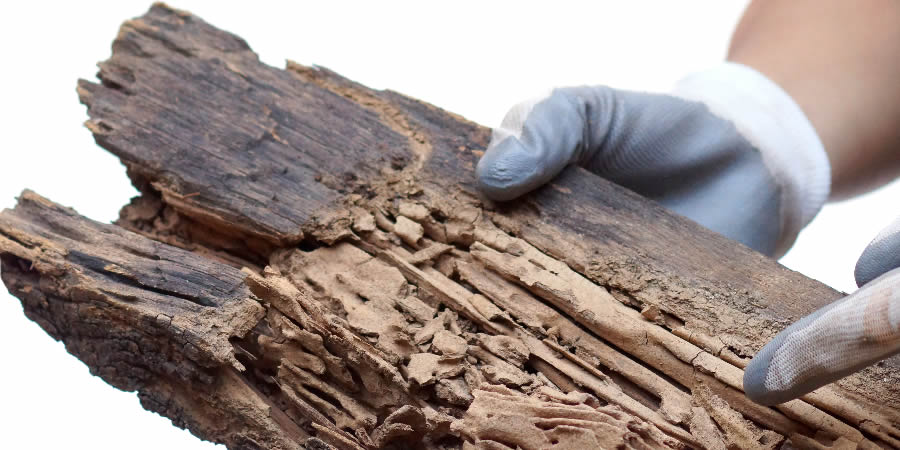
As mentioned, you want a termite inspection done every 12 months. However, it should be done under the following conditions:
-
If you live in an older home
Older homes will be built from wood. This can be a primary target for termites. So it would be smart for you to get an annual termite inspection to ensure none of them have done damage to your home.
-
The climate is right
Termites live in warm, humid areas of Australia. That’s where they are most active. If you live in Queensland, you’re in a place where termites will likely be present. Even in the summertime, termites will be very active.
-
You got the cash
Termite inspections will be something that will cost you somewhere between $50 to $250. That will depend on various factors. Setting aside an amount of money every year will ensure that you are prepared for the annual inspection. It might help to set aside a little bit of extra cash in case you need professional services.
Be aware of your neighbour’s termite situation
Termites have the ability to travel 50 to 80 meters away from their nest. If your neighbours are dealing with termites, it might be a matter of time until your home becomes a target. Termites can move fast and do damage fast.
This is your chance to take the necessary precautions to ensure the termites affecting your neighbours don’t attack you next. An inspection will be the perfect course of action to take to ensure that it’s not too late.
The sooner you get your home inspected, the quicker you will be able to get answers regarding whether your home is safe or not. If you are dealing with a problem, that’s when a pest control professional will be able to give you the next set of options on what needs to be done.
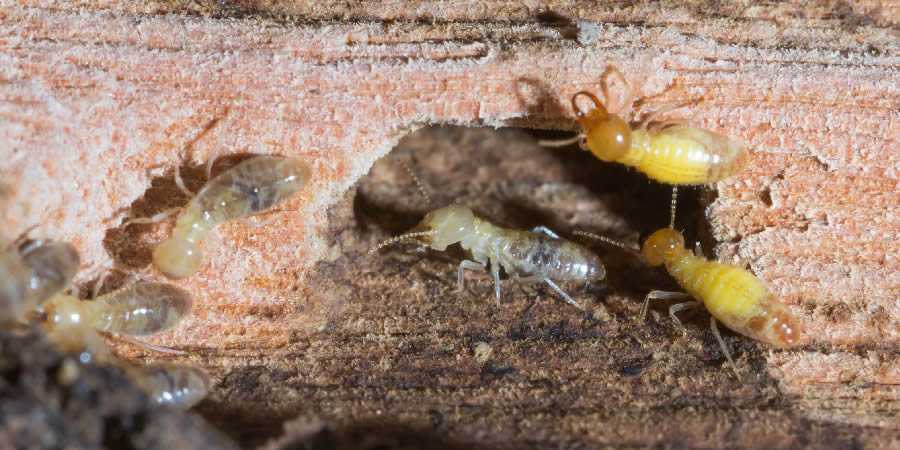
Termite activity: When are they most active?
One of the best times of the year for termites to be active is during the summer months. As the temperatures and humidity levels increase, so do the presence of various pests including termites. With that in mind, you’ll want to do the following precautions:
-
Check for water leaks and seal them
One of the best points of entry for termites are water pipes. All they need to do is find a place where a leak is coming from and they’re in. Check under your kitchen and bathroom sinks for any leaks and seal them as soon as possible.
-
Increase the ventilation throughout your house
A well-ventilated home is something termites don’t like. But don’t overdo it to a point where it gives termites an entry point. Basements with windows will benefit greatly since they provide you with excellent subfloor ventilation.
-
Removing and replacing attractive materials
Any wooden materials learning up against your home or near it should be relocated to a different location. Find designated storage areas in your home where you can be able to relocate these items so they are less likely to get damaged by termites
These are precautions that you should take aside from scheduling an inspection for termites. It’s no secret that termites will find an opportunity to get inside your home and destroy it. If you notice any door frames or floors bowing or blistering, it may already be too late.
Conclusion
If you are concerned about termites, there’s a good chance you live in a high pressure region. For this reason, getting an annual termite inspection will be necessary. No time is better than now to schedule one.
The sooner you get started, the more likely your home will be protected. Acting when it’s too little, too late can be costly. A professional inspector will find many signs of termite infestation.
Plus, they’ll give you a battle plan on what you’ll want to do to prevent an infestation in the future. When you work with a termite inspector, you’ll have options depending on your situation like an infestation or no termites present.
